Featured Stories

The COVID-19 Class: Born a Boilermaker senior persists to find her fit at Purdue
The “COVID-19 Class” is a mini-series documenting the experiences of three members of...
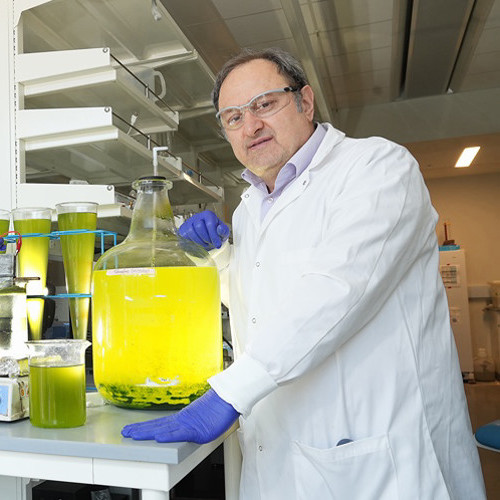
Studies assess feasibility of aquaculture wastewater treatment methods
Aquaculture production operations that help feed the world’s growing population also...
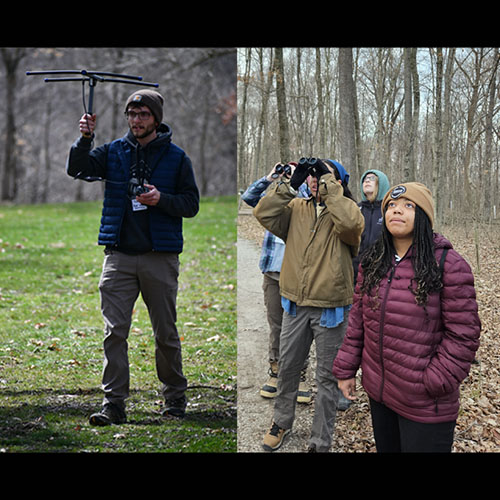
Purdue TWS Hosts North Central Section Conclave
The Purdue Student Chapter of The Wildlife Society welcomed fellow students from across the...
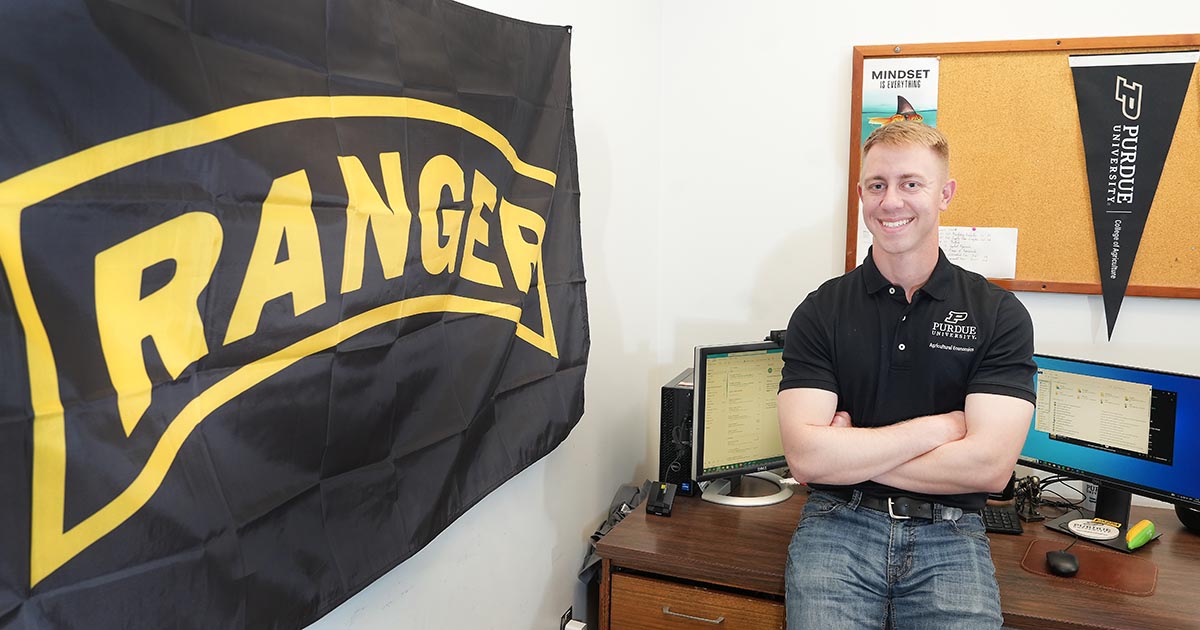
Austin Berenda - Graduate Ag Research Spotlight
When Second Lieutenant Austin Berenda was in Ranger School, he led his platoon through tactical...
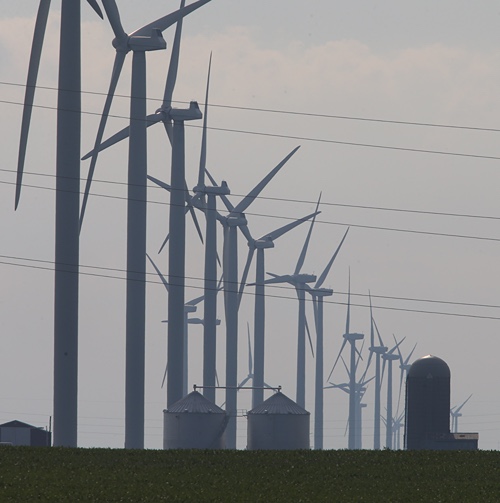
U.S. Department of Energy taps Purdue Extension to lead new Indiana collaborative for renewable energy
A developer approaches a local plan commission, seeking approval to locate a wind or solar farm...
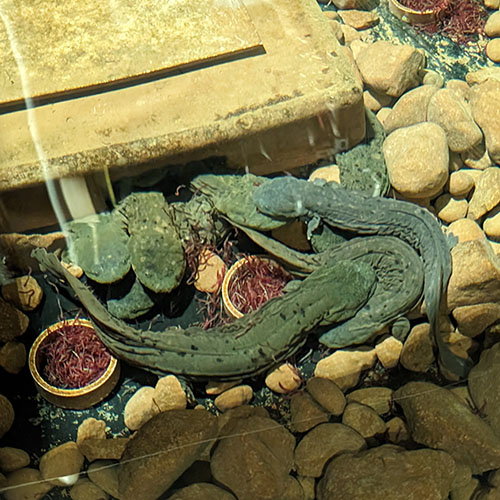
Farmers Helping Hellbenders RCPP Program Accepting Applications
The Farmers Helping Hellbenders program is accepting applications through May 10 for the second...